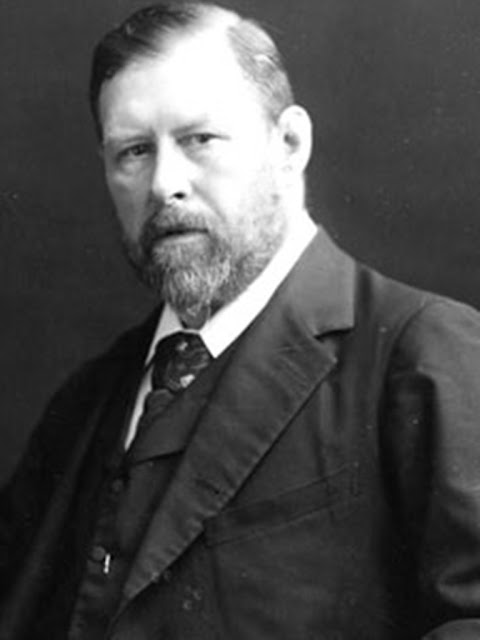When shall these phantoms flicker away,
Like the smoke of the guns on the wind-swept hill;
Like the sounds and colours of yesterday,
And the soul have rest, and the air be still?
Sir A. Lyall*
‘And so you two young women are going off on a three days’ journey, all by yourselves, in a bullock tonga,* to spend Christmas with your husbands in the jungle?’
The speaker was Mrs Duff, the wife of our deputy commissioner, and the two enterprising young women were Mrs Goodchild, the wife of the police officer of the district, and myself, wife of the forest officer. We were the only ladies in Karwassa, a little up-country station, more than a hundred miles from the line of rail. Karwassa was a pretty place, an oasis of civilization, amid leagues and leagues of surrounding forest and jungle; it boasted a post-office, public gardens (with tennis courts), a tiny church, a few well-kept shady roads, and half a dozen thatched bungalows, surrounded by luxuriant gardens. In the hot weather all the community were at home, under the shelter of their own roof-trees and punkahs, and within reach of ice––for we actually boasted an ice machine! During these hot months we had, so to speak, our ‘season.’ The deputy commissioner, forest officer, police officer, doctor, and engineer were all ‘in,’ and our gaieties took the form of tennis at daybreak, moonlight picnics, whist-parties, little dinners, and now and then a beat for tiger, on which occasions we ladies were safely roosted in trustworthy trees.
It is whispered that in small and isolated stations the fair sex are either mortal enemies or bosom-friends! I am proud to be in a position to state that we ladies of Karwassa came under the latter head. Mrs Goodchild and I were especially intimate; we were nearly the same age, we were young, we had been married in the same year and tasted our first experiences of India together. We lent each other books, we read each other our home letters, helped to compose one another’s dirzee-made costumes, and poured little confidences into
one another’s ears. We had made numerous joint excursions in the cold season, had been out in the same camp for a month at a time, and when our husbands were in a malarious or uncivilized district, had journeyed on horseback or in a bullock tonga and joined them at some accessible spot, in the regions of dâk bungalows and bazaar fowl.
Mrs Duff, stout, elderly, and averse to locomotion, contented herself with her comfortable bungalow at Karwassa, her weekly budget of letters from her numerous olive-branches in England, and with adventures and thrilling experiences at secondhand.
‘And so you are off to-morrow,’ she continued, addressing herself to Mrs Goodchild. ‘I suppose you know where you are going?’
‘Yes,’ returned my companion promptly, unfolding a piece of foolscap as she spoke; ‘I had a letter from Frank this morning, and he has enclosed a plan copied from the D. P. W. map. We go straight along the trunk road for two days, stopping at Korai bungalow the first night and Kular the second, you see; then we turn off to the left on the Old Jubbulpore Road and make a march of twenty-five miles, halting at a place called Chanda.* Frank and Mr Loyd will meet us there on Christmas Day.’
















